Airmen Play Key Role In Developing Iraqi Police
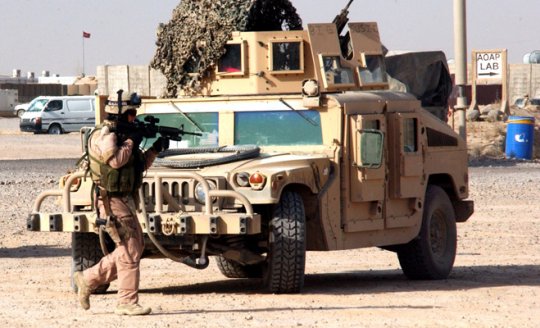
Photo – Staff Sgt. Aaron Downing secures the area around a Humvee during “battle drills” performed before each mission at Contingency Operating Base Speicher, Iraq. Sergeant Downing performs duties on a Police Transition Team here, and the drills are designed to simulate any possible situation the team may encounter while conducting missions outside the wire. The PTT’s goal is to help the Iraqis establish a functioning, independent police force. Sergeant Downing is assigned to the 732nd Expeditionary Security Forces Squadron Det 1. Photo Master Sgt. Steve Horton.
3 Aug 07
by Master Sgt. Steve Horton
332nd Air Expeditionary Wing Public Affairs
CONTINGENCY OPERATING BASE SPEICHER, Iraq (AFPN)
Airmen roll out of the gates from here in armored Humvees and drive dangerous roads into Tikrit and the surrounding areas five days a week to do their part in helping Iraq transition to a peaceful democracy.
For the Airmen assigned to the 732nd Expeditionary Security Forces Squadron Det. 6, arming up and putting on more than 50 pounds of body armor and equipment in 115-degree heat is part of their role as members of Iraqi Police Transition Teams.
As coalition forces and Iraqis fight the insurgency, Iraqi police stations are established in neighborhoods with police transition teams to help get the process started.
The 45-person detachment operates at the provincial and district levels of the Iraq police, while Army PTTs operate at the station level in the Salah ad Din province, an area that covers approximately 25,000 square kilometers and has more than one million citizens.
The mission of each PTT is to coach, mentor and assess the Iraqi police, said Maj. Erik Bruce, the Det. 6 commander. The provincial police level is roughly the equivalent of a state, the district level roughly a county, and the station level deals with each individual Iraqi police station, he said.
“The goal of each team is to help the Iraqis establish a functioning independent police force,” Major Bruce said. “This is not something the Air Force has done before, but overall, we’re having a positive impact on the (Iraqi police) and the security environment in Iraq as a whole.”
The major works with his counterpart at the provincial police headquarters, a former two-star Iraqi general, now the provincial director of police, to help plan security operations, create policies regarding logistics, finance, communications, budget and personnel management for the province.
“He’s effective as a leader. His Iraqi army experience gives him good operational background in command and control of forces and conduct of operations targeting insurgents and terrorists,” Major Bruce said. “He knows how to hold people accountable. He knows how to lead people into action and how to run a staff, so I’m fortunate in that regard.”
When some of the responsibilities of the teams include overseeing the accountability and distribution of 10,000 weapons and 1.4 million rounds of ammunition, as well as the monthly expenditures of the $61 million 2007 budget, it’s important for the PTT members to establish an effective working relationship with Iraqi police leaders they deal with.
“The day-to-day interaction is the easy part,” said Capt. Greg Bodenstein, the 732nd ESFS Det. 6, chief of the Tikrit District PTT. “It’s just using people skills to figure out what motivates these people. It’s good to see the development in thinking and how we’ve influenced them.” , echoed the captain’s comments.
“If you go into these situations fired-up and motivated, the Iraqis take that spark and make it a fire,” said Master Sgt. Killjan Anderson, the 732nd ESFS Det. 6, assistant team chief for the provincial PTT. “I get excited about it.
“You’re able to see the results of what you’re doing when you spark something that helps them get going,” Sergeant Anderson said. “You see the results right away. The rate of change is very fast and very rewarding. You can see how you make things better for people.”
Through the almost daily engagements with the Iraqi police leadership, the transition teams have to constantly reassess their priorities based on many different factors.
“You take away a lot of respect for the Iraqis trying to make a difference,” he said. “It takes incredible courage from these people to work at making things better despite the odds against them.”
It’s because of that courage that the Airmen of the 732nd ESFS Det. 6 will show their courage and continue to traverse the dangerous roads of Iraq to do their part in helping the Iraqi police grow into a functioning independent police force.

Tanker Truck Loaded with Explosives
AL-AZAEM, Iraq – Soldiers from the 3rd Iraqi Army Division stopped a tanker truck loaded with 5,000 pounds of explosives Aug. 6 following a shoot-out with unknown enemy forces in the Sinjar area near the Syrian border.
The 3IA Soldiers were conducting a cordon and search of the village of Al-Azaem when they were engaged by 12 enemy forces with small arms fire. The IA returned fire killing three and capturing the remaining nine.
In addition to the vehicle-borne improvised explosive device, they also discovered a PKC machine gun with over 900 rounds and over 1,000 rounds of AK-47 and 9mm ammunition.
“This is a significant interdiction by the 3rd Iraqi Army Division,” said Lt. Col. Michael Boden, deputy commanding officer, 4th Brigade Combat Team, 1st Cavalry Division. “The importance of stopping this VBIED, especially due to the size of it and amount of explosives contained within, before the terrorists had a chance to employ it against the citizens of Iraq, undoubtedly saved many lives.”
The VBIED was reduced in place and the weapons and ammunition were consolidated by the IA forces. No IA forces were injured during the operation.

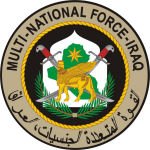
BAGHDAD, Iraq – Elements of the 8th Iraqi Army Division, with U.S. Special Forces as advisors, detained a suspected insurgent recruiter and organizer for the rogue Jaysh al-Madhi militia operating in An Najaf during an intelligence driven operation in southern Iraq Aug. 4.
The alleged rogue JAM insurgent is suspected of using local charities as a front to screen and recruit individuals by offering them $500 to emplace IEDs.
He is also suspected of facilitating cross-border training, garnering financial support, and transporting equipment and weapons (to include Explosively-formed penetrators and improvised explosive devices) with Persian militant groups to be used against Iraqi and Coalition Forces. EFPs and IEDs are responsible for many Coalition Force deaths in the area.
He is suspected of supplying the IED that killed two Coalition Soldiers in Karbala and is linked to other deadly attacks in Diwaniyah, An Najaf and Karbala.
In a separate operation Aug. 5, Iraqi Special Operations Forces, with U.S. Special Forces acting as advisors, detained a suspected al-Qaeda emir in Radwaniyah.
The alleged Sunni extremist commander is believed responsible for conducting attacks against Coalition Forces and Iraqi Security Forces southwest of Baghdad. Another suspected extremist was also detained. Both individuals are currently being held for questioning and further investigation.
No U.S. or Iraqi Forces were harmed in either operation.
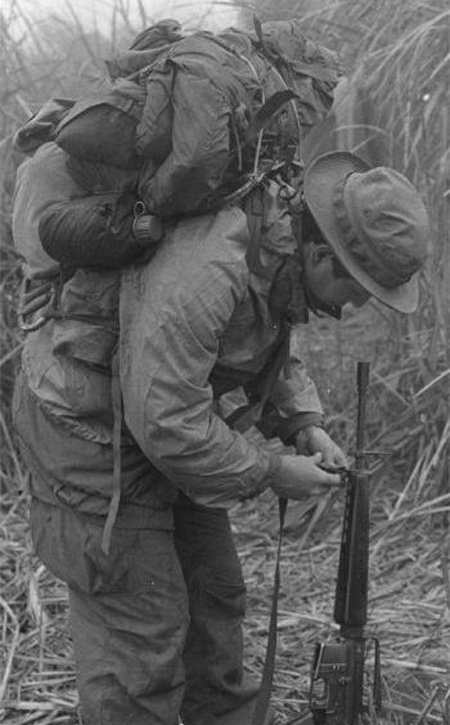






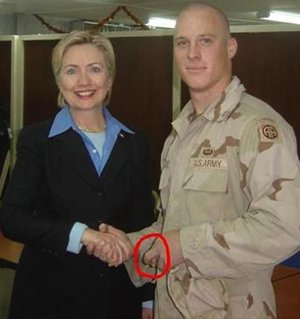
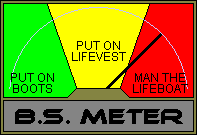
 BBWWAAAAAAAAAAA HAAAAAAAAAAA HAAAAAAAA!!!
BBWWAAAAAAAAAAA HAAAAAAAAAAA HAAAAAAAA!!!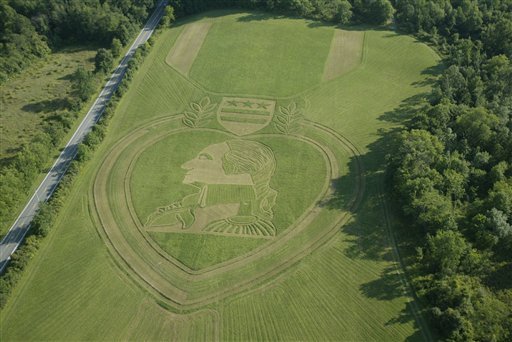

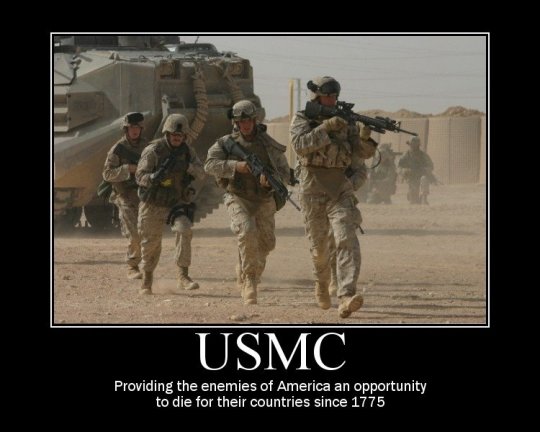

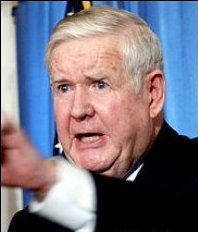




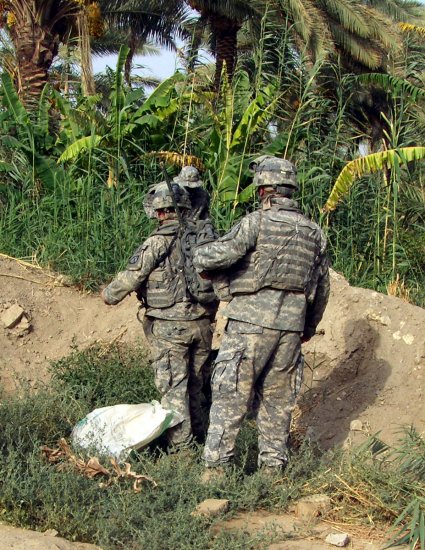
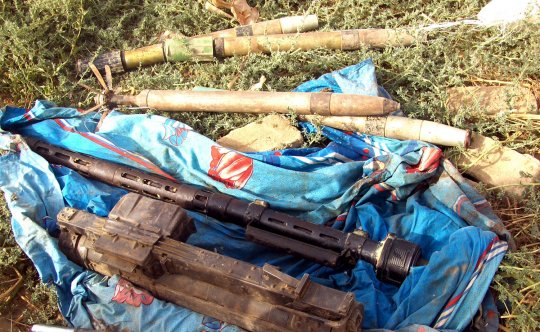

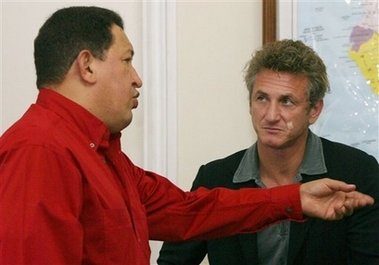

Recent Comments